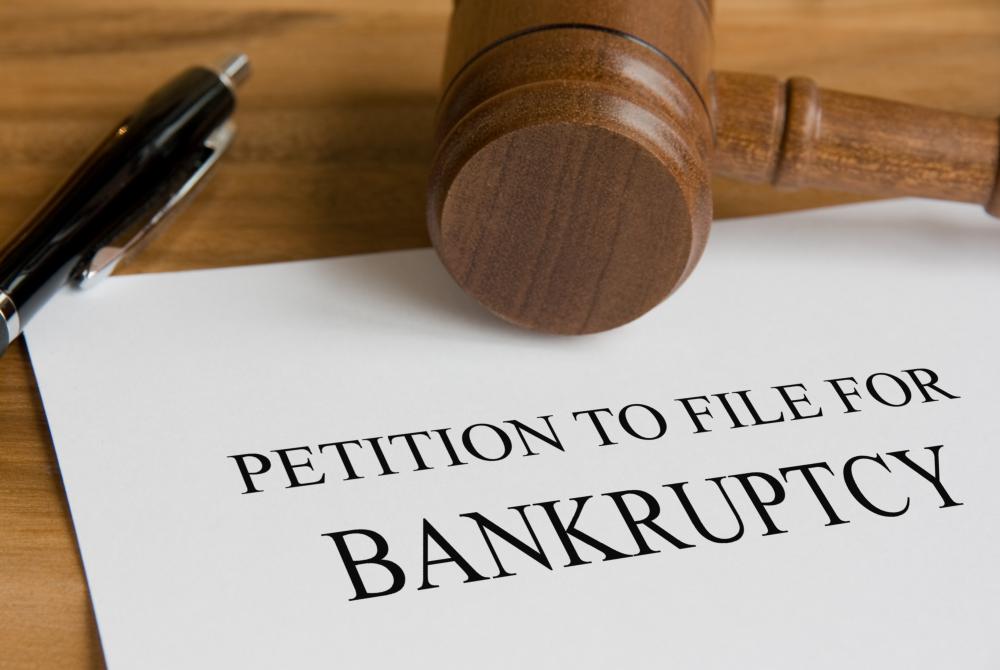At WiseGEEK, we're committed to delivering accurate, trustworthy information. Our expert-authored content is rigorously fact-checked and sourced from credible authorities. Discover how we uphold the highest standards in providing you with reliable knowledge.
What Is an Official Receiver?
An official receiver is a trustee appointed by the court in a bankruptcy proceeding who is charged with the task of liquidating assets and using any proceeds to pay outstanding debts on behalf of the bankrupt party. Once a court appoints a receiver, the bankrupt party is officially in receivership and has no control over the disposition of any assets that may still exist. In some countries, this position is filled by an administrative officer of the court or insolvency division, while in other countries the receiver can be an officer or a third party individual or entity that is appointed by the court to the position.
Bankruptcy proceedings require the court to identify a bankrupt party’s creditors, place them in the order of their right to collect on their debts, and determine whether there are any resources available from the bankrupt’s estate to pay some of them. Businesses typically enter bankruptcy while operational but without the necessary cash flow to meet debt obligations. When a business enters bankruptcy there are often substantial assets still in existence, such as real property or equipment. An official receiver is appointed to either liquidate all assets to pay creditors or to reorganize the business to make it profitable.

A receiver serves until the bankruptcy case closes, executing his duties as a fiduciary to protect creditors against improper allocations made by the bankruptcy, waste, or dissipation. Receivers work with the bankrupt but owe a duty to the creditors. When the bankrupt party has entered bankruptcy involuntarily by petition of its creditors, the relationship between the official receiver and the bankrupt can be investigative and adversarial.
In the UK, the title of Official Receiver (OR) is a specific designation in the Insolvency Service for the person that is tasked with overseeing liquidation. This person can be appointed by the court from staff employed to serve this function or can be an outside agency that specializes in receivership services. In the US, the court officially appoints a receiver, but the OR title is not used as such.
Receivership is not only applicable to bankruptcy cases. In other sorts of circumstances, the court can appoint an official receiver to operate a business or take control of property until legal matters are decided. This can happen in civil disputes over business ownership, in instances of fraud or mismanagement of regulated entities such as banks, or when there is a danger that the subject of a court action might be financially wasted by one party in a way that would be unrecoverable if control is not given over to a third party until the dispute can be settled.
AS FEATURED ON:
AS FEATURED ON:











Discuss this Article
Post your comments